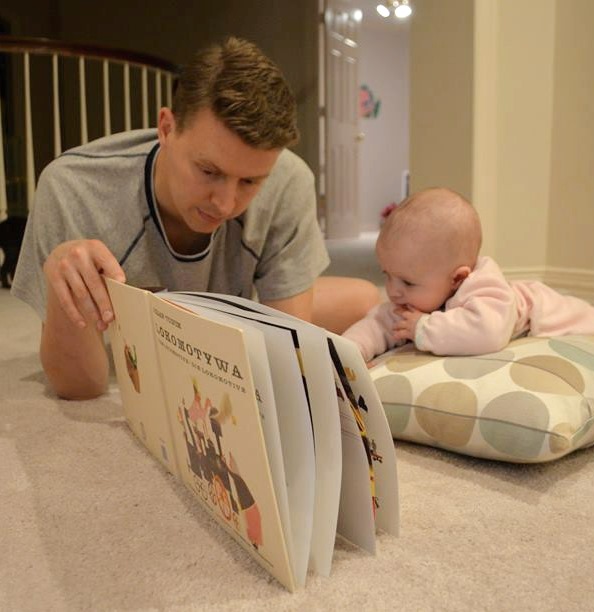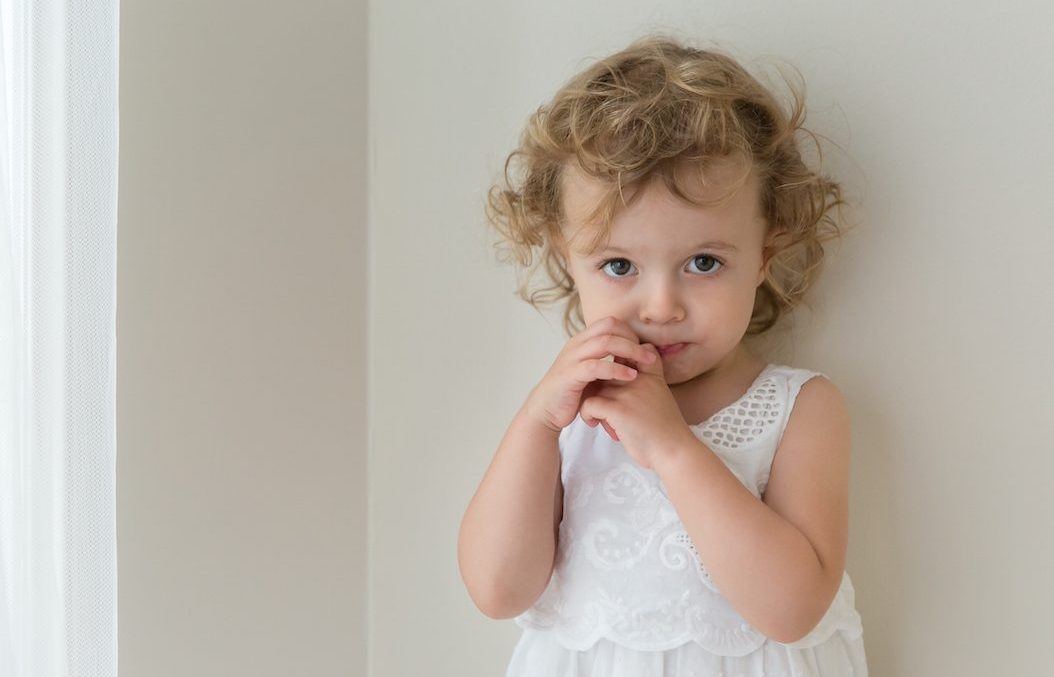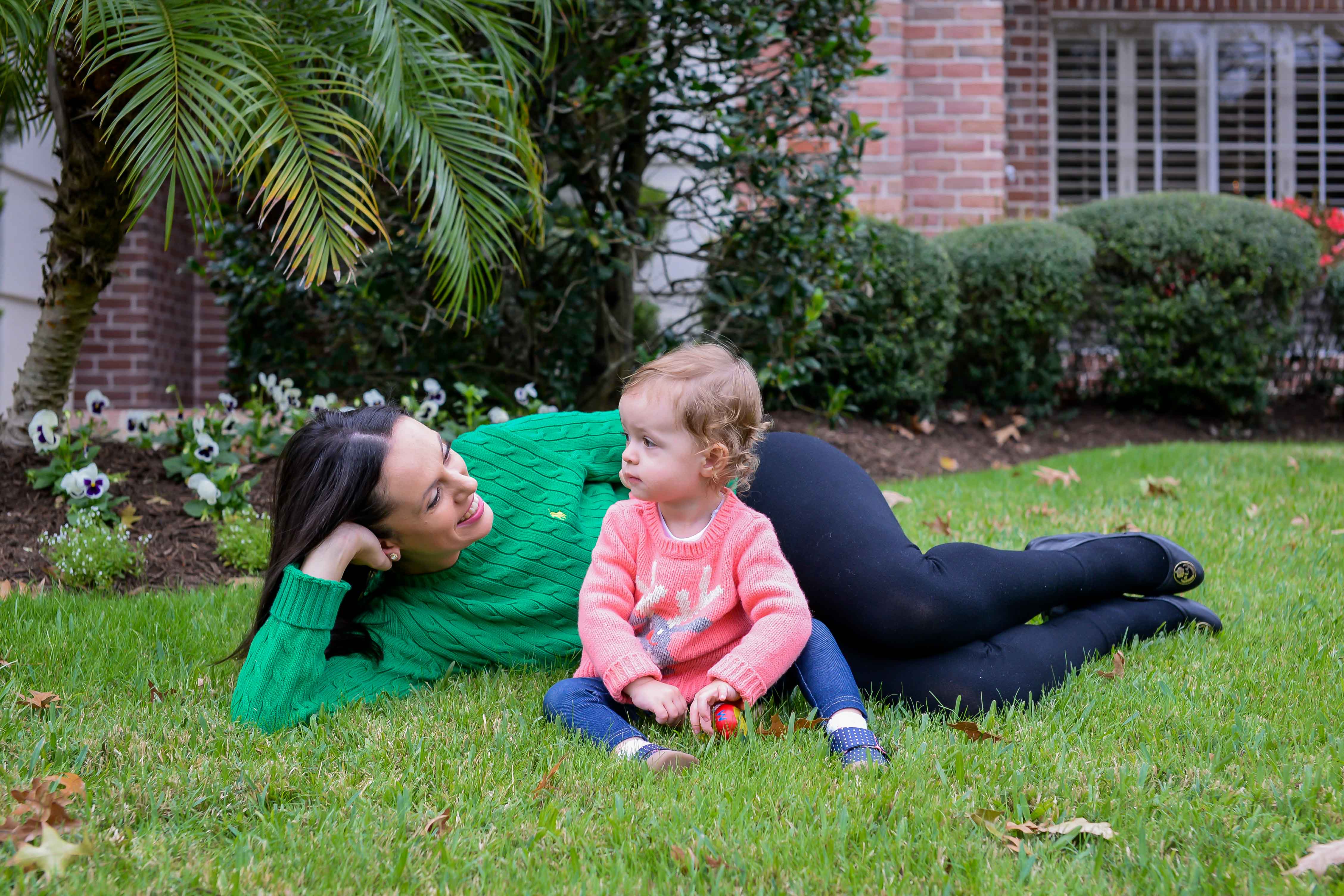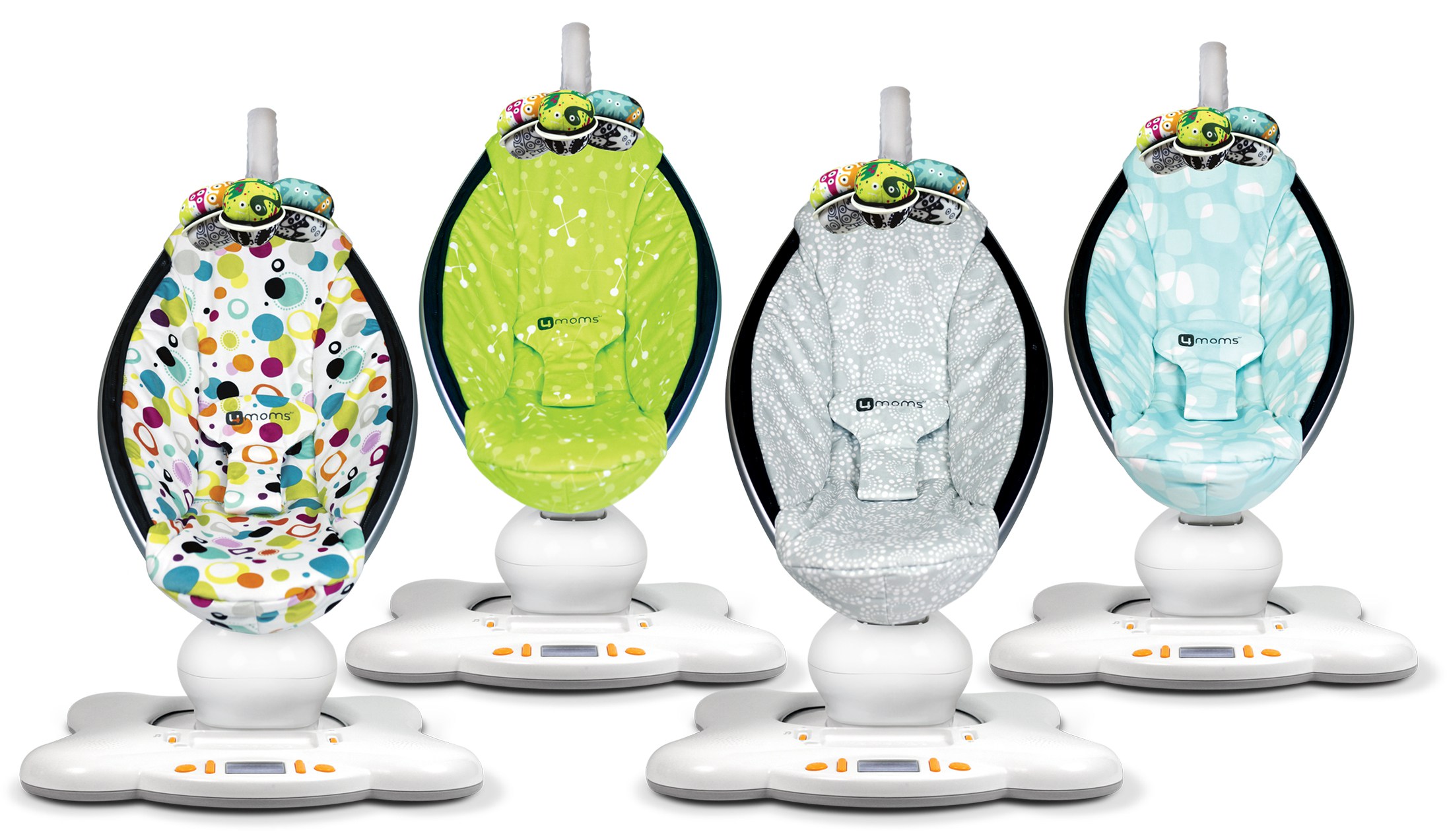
Over those amazing nine months expecting our daughter, I discussed many times with my husband the language issues in our family. My first language is Polish and right after is English. My husband is Polish but was born and raised in Switzerland, so for him the native language is German and Swiss (dialect, which strongly differs to German). He also speaks fluently English, Polish, French and Italian. Multilingualism is a completely natural phenomenon in countries such as Belgium, Switzerland, and Singapore. Statistics show that there are more multilingual people in the world than those who use only one language. For our family it’s a very important topic. We mostly speak Polish, but we live in the US and also want to teach our kids German. We did lots of research, read many articles, and talked to parents who had been in similar situations before.
Strikingly, the assimilation for other languages already begins in the womb. Then, the first ten months are critical in terms of growing up in a multilingual environment and acquainting with sounds of different languages. From that moment onwards, a child begins to focus on one, the most common used language at home. The key is to use the other languages in the child’s environment in the first year of its life. A baby learns the sounds of language and melodies of speech through listening to close family. The words addressed directly to the child as well as those heard in an environment like reading books, listening radio, watching television and any other external factors are absorbed by children in terms of the sound of any new language. I have heard many times from parents about having fear of introducing a language to a child. Here are the most common dilemmas parents might have:
– My child will begin talking later,
– My child will not want to talk,
– My child will have problems with pronunciation,
– My child will never learn perfect native language as well as its parents,
– My child will mix languages,
– My child will have worse contact with their peers and stay behind them.
All babies have the ability to learn new languages, and these concerns are not reflected in reality. Studies show that the child’s brain at the age of thirteen are fully formed. If your child will take intensive language training before the age of thirteen, she or he will speak in respective languages without a trace of an accent. In fact, researchers show that children of bilingual families, learn new words relatively later than children learning one language. However, it should be considered as an advantage, because bilingual children spend far more time on relationships among words and objects, then just on the details in the sound. It doesn’t mean children become delayed with language at all. With two languages at once, it can perfectly distinguish the words to describe the same thing. The child’s brain is far more advanced than we think, and the baby perfectly finds himself in a situation where family members use different languages to define the same activities or items.
The study, whose results are the outcome of CALACEI (Universal and specific properties of uniquely human skills – tools to study language acquisition in early childhood – the study of the brain and behavior), shows that children raised in bilingual homes learn roughly twice as much as their monolingual peers, but this has no effect on the rate of language acquisition among two and monolingual children. Scientists at the International School for Advanced Studies (SISSA) in Italy investigated 12-month, bilingual (multilingual) children preverbal stage. They found that these children are more adaptable at learning speech structures versus their monolingual peers.
The researchers suggest that bilingual infants are able to acquire two languages just as fast as monolinguals learn one because they have more experience in learning in an environment with “mixed input”.
The second language has become very important to me when I was in high school. I cannot understand why in Poland television, all movies, cartoons and programs which are in English are translated into Polish. I would have understood if the television had introduced subtitles, but a lector speaking while you hear the original English voices is pretty bad. Despite the fact that English classes are held in schools, it is not on a level to feel comfortable on an everyday basis. I used to have private lessons since primary school and I spent a year in the United States and nearly a year in England while studying. That’s why the language is familiar to me today. I realize that for people living in Poland it’s not always necessarily the case. Here in US when I ask people if they learn some other languages I usually hear that they wish, but they never decided to start. Lots of people here are speaking Spanish. I also noticed they quite often don’t teach kids Spanish because they have the same dilemmas which I pointed earlier or they worry that they will not manage this challenge or…they are just too lazy to focus on it and be consistent. My husband is a great example of person who did not grew up in Poland, doesn’t speak perfect Polish, but he’s not ashamed to speak at all. He did not use the language often because his parents talk mostly German. Anyways, he speaks – this is the way he’s learning a lot. I correct him and he’s willing to learn. When we first met he did many grammatical mistakes and would speak a significant accent. I also have a very strong accent in terms of English. Many people here in the US are asking me about the origin and they always say “What a beautiful accent!” 😀 I honestly really don’t like it, but it doesn’t stop me from talking. The sooner we begin to introduce a new language to our children, the sooner they will feel more comfortable with it. You can always use language programs for kids, play music, listen or watch videoclips on YouTube and other external sources. If your child will be around a new language for only even 30 minutes a day since the very beginning, you will make you child life much easier in future.
We eventually decided I will speak to our daughter in Polish, my husband in English and German, and mainly English she will pick up in day care. We are a multilingual family, but we deal with it and manage it fairly well I think. I teach my husband proper Polish, and he corrects my English.
In summary, children are able to learn up to four languages, and only placing a fifth at the same time might cause problems. Have no doubt and lift up your little ones standard of living educating them with new languages from the very beginning.
Suggested reedings:
http://www.economist.com/blogs/prospero/2013/11/multilingualism
Grosjean, F. 1982. Life with two languages. Cambridge, MA: Harvard University Press.
Romaine, S. 1989. Bilingualism. Oxford: Basil Blackwell.
Hamers, J. F., and M. H. A. Blanc. 1989. Bilinguality and bilingualism. Cambridge, UK: Cambridge University Press.
Sources/Źródła:
www.logopedzi.pl
www.dziecisawazne.pl
www.dziecirosna.pl
www.cordis.europa.eu
www.linguisticsociety.org
www.multilingualliving.com
www.un.org






